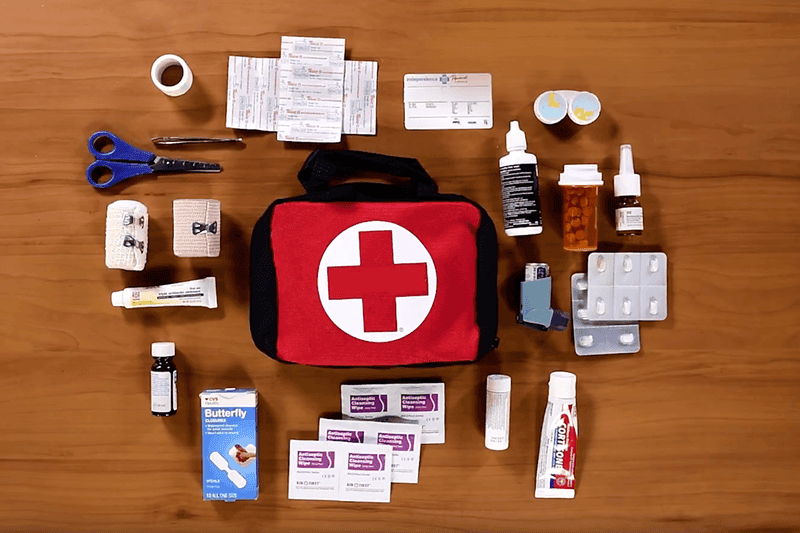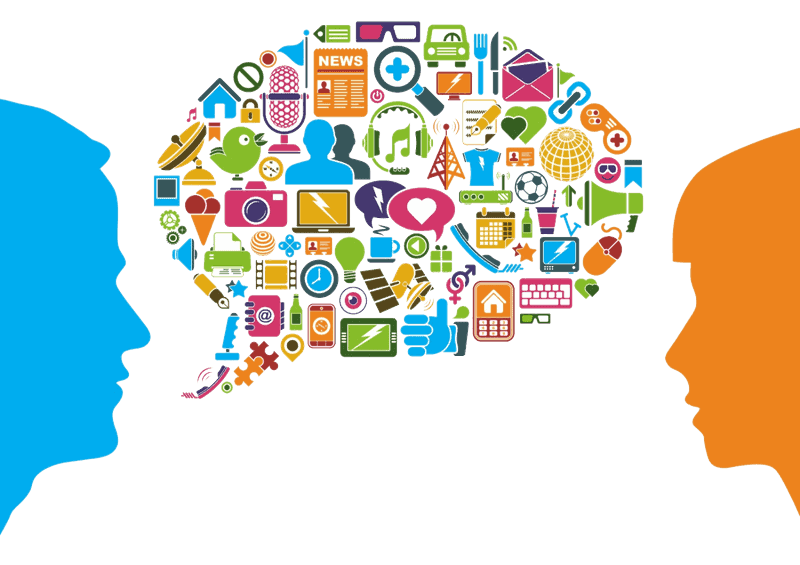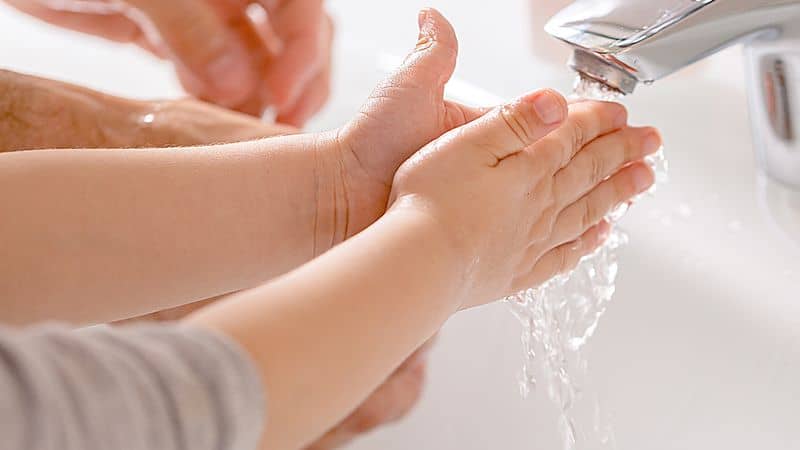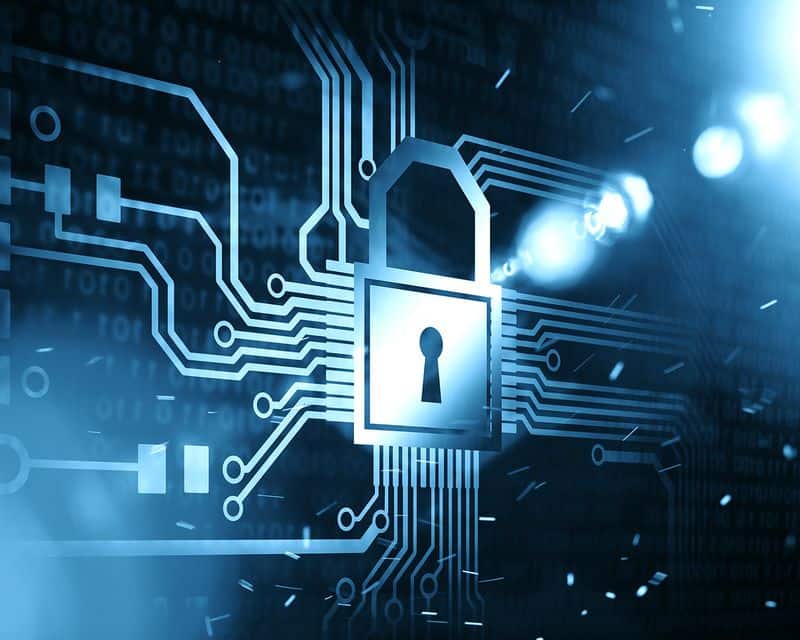Learning essential life skills is crucial for teenagers as they transition into adulthood. These skills not only foster independence but also prepare them for future challenges. By the age of 15, teens should have developed a range of competencies that will serve them well in various aspects of life.
From managing finances to cultivating effective communication, each skill contributes to a well-rounded individual capable of navigating the complexities of modern life. Encouraging teens to acquire these skills can empower them, build self-esteem, and lay the groundwork for a successful and fulfilling future. Here are eleven fundamental life skills every teen should master.
1. Managing Money

Understanding how to manage money is a crucial skill for any teenager. It’s about learning to budget, save, and spend wisely. Teens can start by tracking their expenses and creating a simple budget.
This practice not only helps in managing allowances but also instills a sense of responsibility. Additionally, discussing financial goals with parents or guardians can provide valuable insights.
Encouraging teens to save for something they desire teaches delayed gratification, setting the foundation for a financially stable future.
2. Cooking Basic Meals

Cooking is a skill that promotes independence and health. Teens should learn to prepare simple meals like pasta, sandwiches, or salads.
Starting with these basics can build confidence in the kitchen. It’s also an opportunity to learn about nutrition and healthy eating habits.
Trying out family recipes or experimenting with new ones can make cooking a fun and creative activity, while also teaching valuable life lessons.
3. Time Management

Time management is key to balancing school, hobbies, and relaxation. Teens should develop the ability to prioritize tasks and set realistic goals.
Using planners or digital apps can help in organizing daily activities efficiently. This skill is not just about meeting deadlines, but also about making time for rest and recreation.
Effective time management boosts productivity and reduces stress, laying the groundwork for lifelong efficiency.
4. Basic First Aid

Knowing basic first aid is essential for safety and self-reliance. Teens should learn how to treat minor injuries like cuts, sprains, or burns.
Understanding when to seek professional medical help is equally important. This knowledge can be empowering, providing the confidence to handle emergencies.
Participating in first aid workshops or classes is a great way to acquire these skills.
5. Effective Communication

Effective communication is vital for building relationships and expressing thoughts clearly. Teens should practice active listening and clear articulation of ideas.
Participating in group discussions or debates can hone these skills. It’s also about understanding non-verbal cues and showing empathy.
Good communication fosters better understanding and cooperation in both personal and professional settings.
6. Critical Thinking

Critical thinking enables teens to make informed decisions and solve problems creatively. It’s about analyzing information and considering different perspectives.
Encouraging discussions on current events or complex topics can stimulate critical thinking. It also involves questioning assumptions and seeking evidence-based solutions.
This skill is essential for academic success and informed civic engagement.
7. Personal Hygiene

Maintaining personal hygiene is fundamental for health and confidence. Teens should understand the importance of regular bathing, dental care, and grooming.
It’s also about developing a routine that includes skincare and cleanliness of personal belongings. Good hygiene practices contribute to overall well-being and social acceptance.
Parents can guide and encourage teens to establish healthy habits early on.
8. Basic Home Maintenance

Basic home maintenance skills empower teens to handle minor repairs and chores. Learning how to fix a leaky faucet or change a light bulb can be very useful.
These skills promote independence and can save money on professional services. Additionally, understanding how household systems work can be enlightening.
Engaging in small DIY projects can be both educational and rewarding for teenagers.
9. Navigating Public Transport

Navigating public transport is a skill that offers freedom and independence. Teens should learn to read maps, understand schedules, and plan routes.
This knowledge allows them to travel independently to school or social activities. It’s also about being courteous and aware of safety when using public services.
Practicing these skills can open up new opportunities for social exploration and responsibility.
10. Online Safety and Etiquette

Understanding online safety and etiquette is crucial in the digital age. Teens should know how to protect their privacy, recognize scams, and interact respectfully online.
Discussing the consequences of digital footprints and cyberbullying can be enlightening. It’s also about understanding the importance of critical thinking when evaluating online information.
These skills help create a respectful and secure online presence.
11. Emotional Intelligence

Emotional intelligence involves recognizing and managing one’s emotions, as well as empathizing with others. Teens should develop self-awareness and regulation skills.
Engaging in mindfulness practices or journaling can enhance emotional intelligence. It’s also about understanding the impact of emotions on thoughts and actions.
This skill is crucial for personal development and nurturing healthy relationships.

Well, hello there!
My name is Jennifer. Besides being an orthodontist, I am a mother to 3 playful boys. In this motherhood journey, I can say I will never know everything. That’s why I always strive to read a lot, and that’s why I started writing about all the smithereens I came across so that you can have everything in one place! Enjoy and stay positive; you’ve got this!

